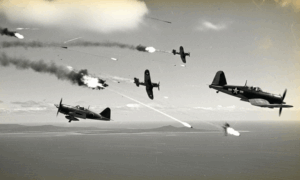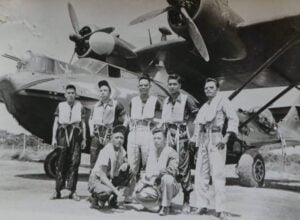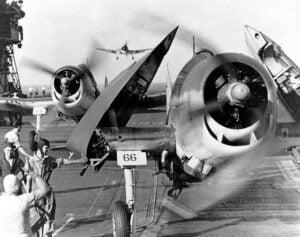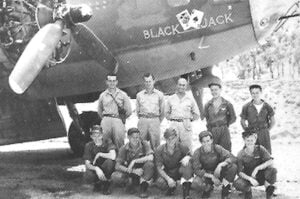The F-4’s Most Devastating Attack Nobody Saw Coming
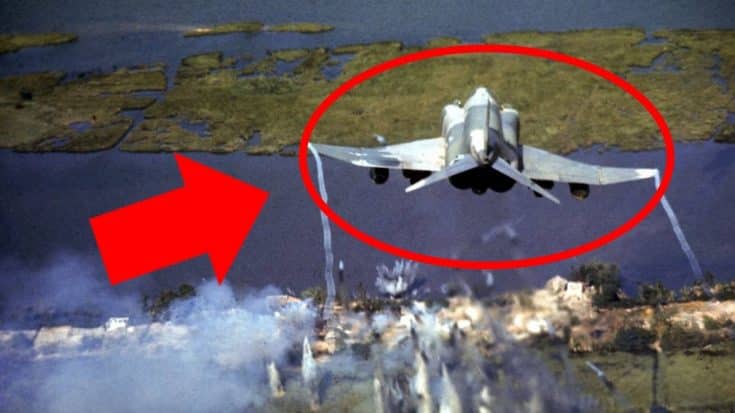
YouTube / Dark Skies
The War Tilts in North Vietnam’s Favor
By 1967, North Vietnamese MiG-21 interceptors dominated the skies, ambushing slow F-105 Thunderchief bombers with ease. Guided by skilled GCI crews, the agile MiGs proved lethal against the predictable bombing runs of the U.S. Air Force.

Colonel Robin Olds Takes Charge
WWII ace Colonel Robin Olds saw the problem: American flight paths were predictable. His solution was bold—use deception to turn the tables on the MiGs. Olds designed Operation Bolo, where F-4 Phantoms would mimic F-105 bombers, baiting the MiGs into combat they couldn’t win.

The Trap is Sprung
On January 2, 1967, disguised Phantoms flew toward Hanoi, imitating the Thunderchiefs’ patterns. North Vietnamese controllers scrambled their MiGs, unaware of the ruse. In just 12 minutes, F-4s downed seven MiG-21s without a single U.S. loss, decimating nearly half of North Vietnam’s MiG-21 fleet.

A Tactical Masterstroke
Operation Bolo’s success dealt a major blow to North Vietnam’s air strategy. It exposed their reliance on predictable ambushes and marked a turning point in the air war.

Olds wasn’t done. Days later, he launched another deception, luring and destroying two more MiGs. By war’s end, Olds had become a triple ace, securing victories in both WWII and Vietnam, and cementing his legacy as one of history’s greatest air combat tacticians.














